One brisk November evening during Ruth Everhart’s senior year at a small Christian college, two armed intruders broke into the house she shared with her roommates, held all five girls hostage, and took turns raping them at gunpoint. Reeling with fear, insecurity, and guilt, Ruth believed she was ruined, both physically and in the eyes of God. In the days and weeks that followed, Ruth struggled to come to grips with not only what happened that night, but why. The questions raced through her mind in an unrelenting loop—questions that would continue to haunt her for years to come: Why me? Where was God? Why did God allow this to happen? What am I being punished for? It’s a grace to welcome Ruth to the farm’s front porch today…
Hyave you ever felt ruined? I don’t mean just a bad hair day—or even a bad haircut month. I mean a more permanent state.
Have you ever felt like you yourself had been ruined?
Maybe it wasn’t because of something you did, but something that was done to you.
That’s my story.
When I was twenty years old and a senior in college, intruders broke into the house I shared with friends. The armed criminals robbed us, terrorized us, and raped us.
By the time morning came, my safe, happy life was over. Even my future had been destroyed. I felt ruined.
What’s more, I believed that I was ruined.
Feelings are one thing, and beliefs are another, but the two feed into each other. Together they create reality.

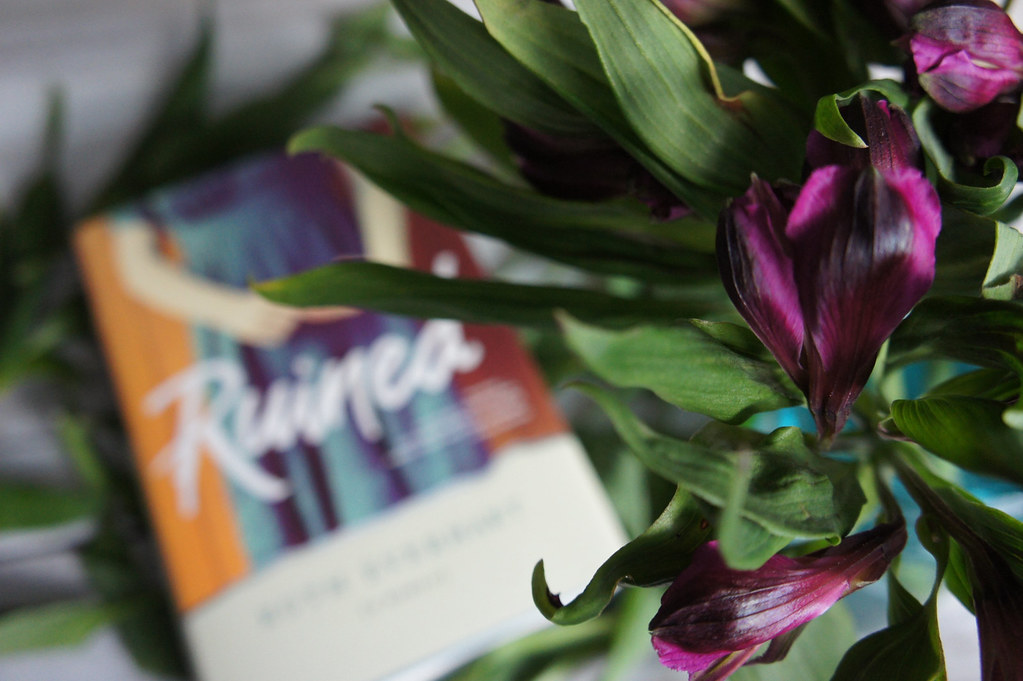
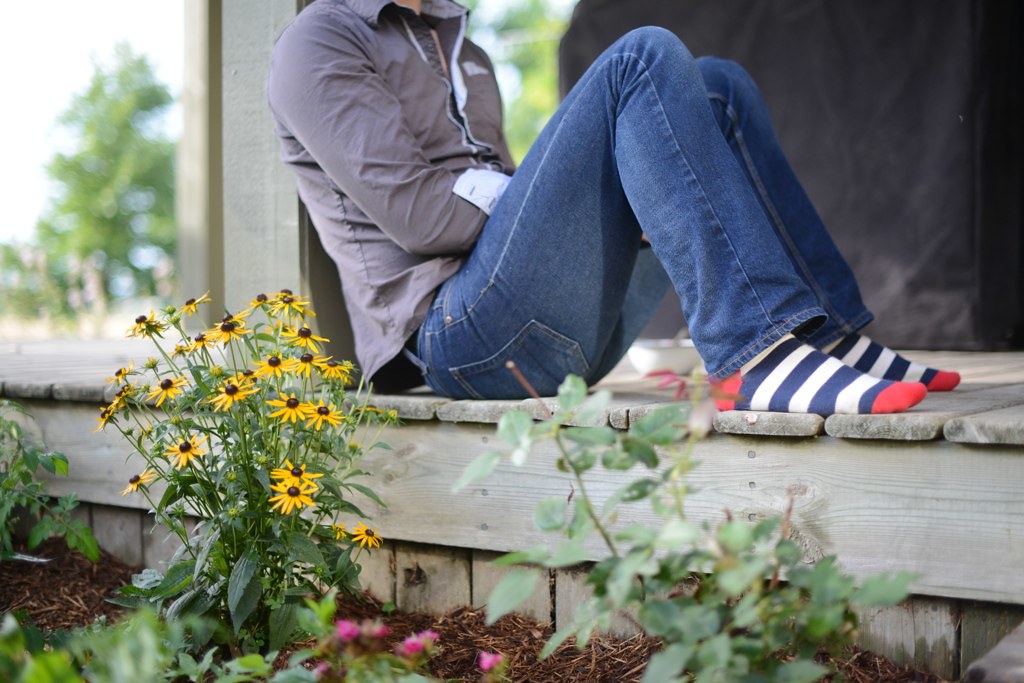

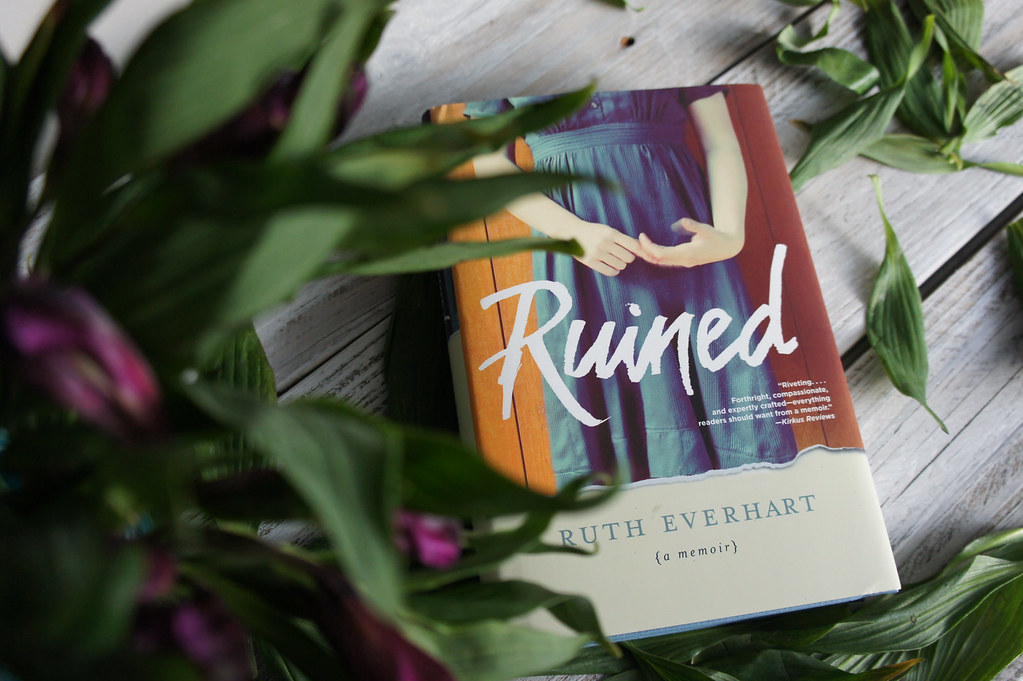
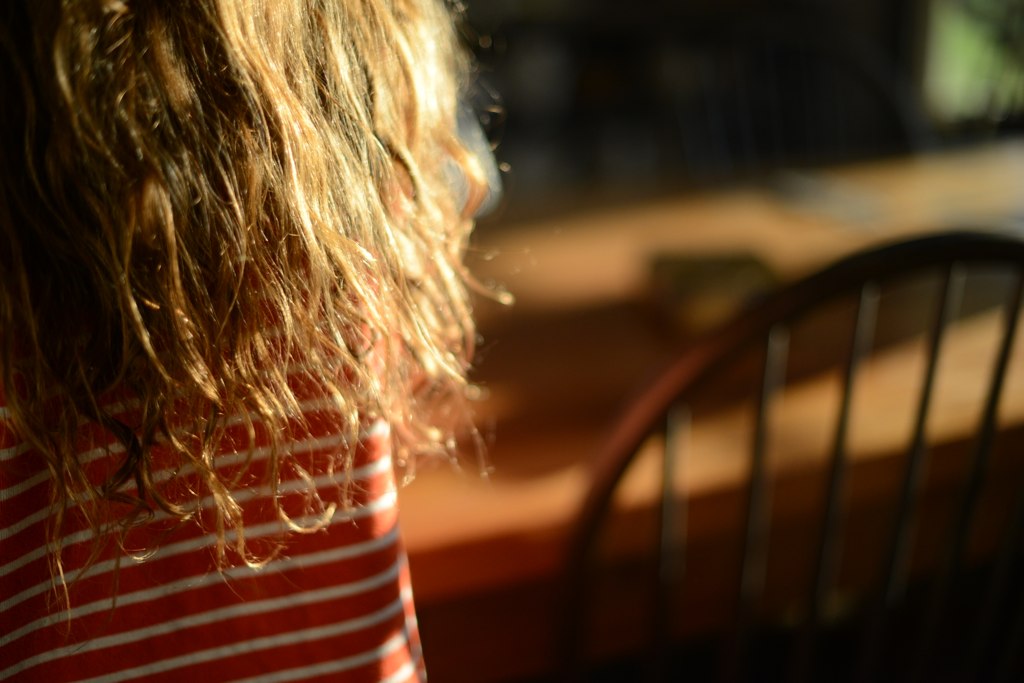
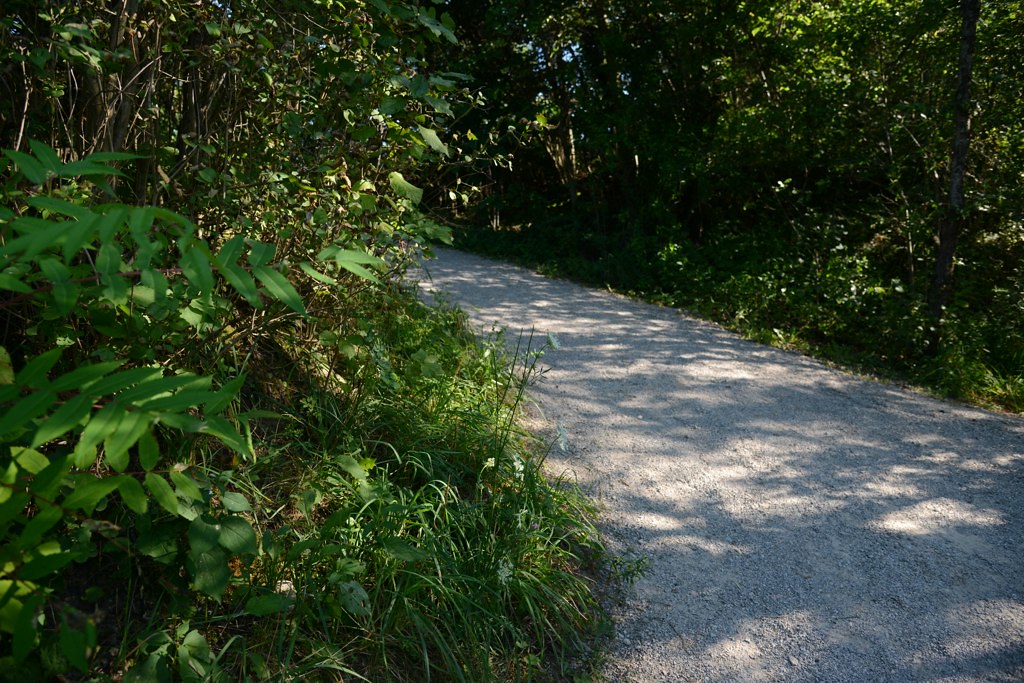
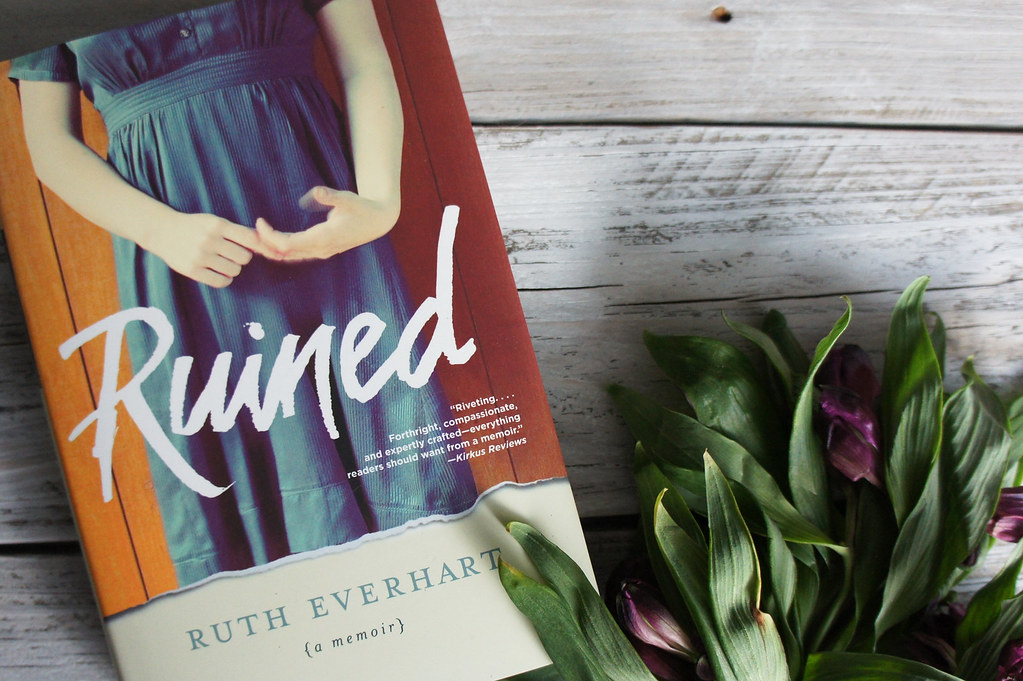

My ruined self felt no hope and saw no possibility of feeling hope in the future.
What had been done had been done.
Can a ruined person ever be un-ruined?
Decades later, I have such compassion for that broken young woman.
She couldn’t see the choices and possibilities ahead of her. Everything seemed to be a mangled heap. She might as well toss her future out a second-story window and listen to it crash. Perhaps the sound of shattering would be a kind of comfort, the cold satisfaction of hopelessness.
I thought I was beyond breakage.
Maybe you know exactly what I mean. Maybe you have a similar story. Do you hold it inside as a secret?
I know you’re out there. You’re why I wrote my memoir.
There’s nothing tidy about my story. Yet I tell it all, even the parts I’m not proud of.
It took years for me to pick my way through the wreckage of hopes and dreams.
I raged against God as I went.
I made a mess of the mess. Because it turns out that ruined people tend to ruin things.
In wrestling my story onto paper, I realized that certain ideas had contributed to my sense of ruin. I wonder if you recognize some of these from your own life:
~ I was raised in a churchgoing family and taught that we all fall short of the glory of God. Not one of us is clean, no not one. I overlearned that lesson, which predisposed me to see myself as unclean and worthless.
~ I had learned that a woman’s worth is different from a man’s, wrapped up in her role as helpmeet. A woman is not an actor so much as a reactor. A woman is to serve willingly, even selflessly. In hindsight, the violence wrenched my self from myself, by which I mean my will to act.
~ I was schooled to shun vanity and embrace purity. A Christian woman, I was taught, is to be unsullied by the world, untainted by worldliness. I didn’t know what to do when the world reached out and sullied me, when evil tainted me.
Given all that, is it really such a surprise that I felt ruined by rape?
At twenty years old, I was on the cusp between innocence and knowledge. I knew many things about being a woman, but not everything. I hadn’t learned to raise certain questions and demand answers. I hadn’t yet found my voice.
When I did find my voice, I had a question. This one:
When a man violates a woman, why is it the woman who bears the stain?
And then came the follow-up:
Why is this true in every time and place and culture? Even today? (If you don’t know what I am referring to, google “honor killings” or “Boko Haram” or “violence against women.” Women are still dishonored by the acts of men.)
Once I was able to frame this question, I felt outraged, and the outrage gave me strength. I was able to push back against the sense of ruin. I began to reclaim other truths I had once known:
I reclaimed the lessons of a churchgoing family, which taught that Jesus came to show us the way to the mercy seat. It turns out that a person can be un-ruined. This, in fact, is a working definition of grace.
I affirmed that a woman is both an actor and a reactor. I claimed my essential selfhood, which affirms my creation as God’s child, having the same innate value as every other child of God.
I schooled myself in a new definition of beauty—as something that’s evident in those who have been wounded and healed. I learned to esteem scars rather than to avert my eyes. Scars are visible signs of a person’s story and are therefore intrinsically beautiful.
Every story is a gift from God.
Now I want to pass a message along to daughters — to my own precious daughters and to anyone else’s as well.
We are all someone’s daughter. So hear me:
You are valuable no matter what happened to you.
You get a hand in writing your own next chapter.
Nothing that a person does to you can ruin you.
Ruth Everhart‘s, Ruined, told with candor and unflinching honesty is an extraordinary emotional and spiritual journey —
that begins with an unspeakable act of violence —
but ends with tremendous healing and profound spiritual insights about faith, forgiveness, and the will of God.
[ Our humble thanks to Tyndale for the partnership in today’s devotion ]







